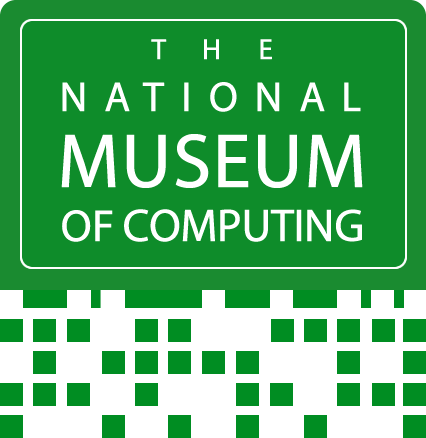About This Event:
Ada Lovelace was the first person to suggest that numbers processed by a computer could represent any kind of data, not limited to just numerical calculations. Ada’s impressive forward thinking concerning computer capabilities represents the birth of computer programming.
As a Museum, we strive to champion, support and enthuse young women in their pursuit of and engagement with STEM (Science, Technology, Engineering and Mathematics) subjects. Our Ada Lovelace Day is an opportunity for female students to experience interactive, innovative and careers-focused hands-on activities and hear from leading inspirational women in the industry. The young women attending will be supported in realising their full potential and encouraged to consider careers in Computing.
Programme:
Women in Computing Trail [TNMOC, Museum Exploration]
Be inspired by the impressive technological achievements of past and present Women in Computing! Discover inspirational female role models and explore their impact on the industry in this interactive museum exploration with a competitive edge.
Data STEMinism [TNMOC, Innovation Hub]
To fully appreciate the limitless digital futures available to young women now, we must understand the endemic barriers to these; how many have been overcome and the wider impact of these developments. Explore statistics of Women working in STEM subjects over the last 50 years in this practical workshop designed to build skills with data analysis and data representation.
Programming languages [TNMOC, Museum Exploration]
Ada Lovelace is widely attributed with writing the first computer programme (before computers even existed). From 5-hole punch tape to Python! Explore how programming languages have progressed over the decades and solve puzzles using them to develop depth of understanding and choose your favourite.
BBC BASIC [TNMOC, BBC Classroom]
To understand the future trajectory of Programming, we need to consider its history; go back in time to our 80s classroom and build on newfound understanding of programming languages by writing your own, customisable, game of Snake on our original, working BBC Micros. We have 3 challenges here:
“Fastest Programmer" - time to write the programme
“Fastest debugger" - time to get the game working
“Top score”


